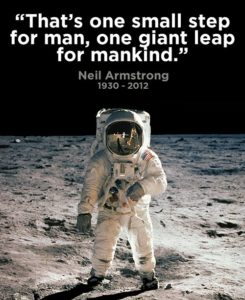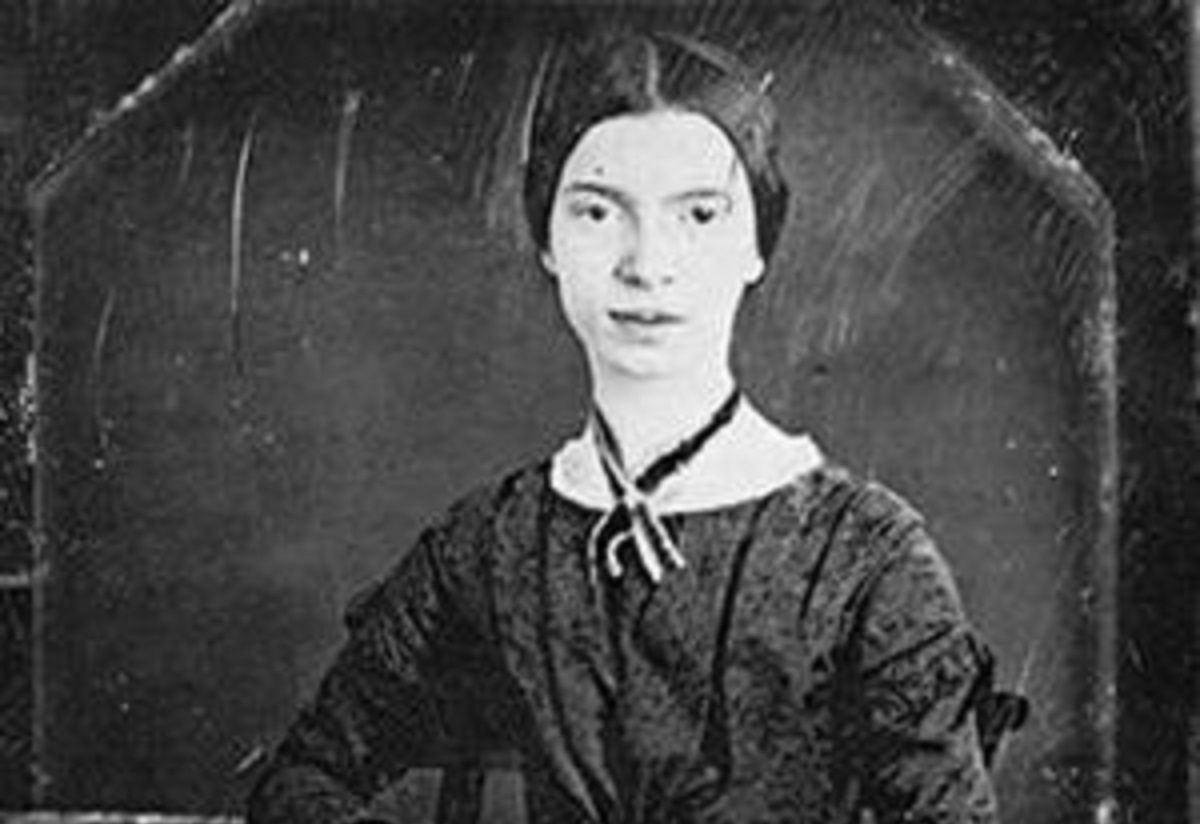All Your Perfect Imperfections
 A friend has a new grandson, and she reports that he is “perfection.”
A friend has a new grandson, and she reports that he is “perfection.”
Of course he is perfection–what grandmother worth her salt would think otherwise?
Even so, when she said it, we both laughed. I think we laughed because even though our children are now young adults, we remember all too well when they were babies. The first time I held each of my daughters is a moment burned into my brain. They were perfection, too, just like the new grandbaby.
We all are.
We are lumpy and wrinkled. We are overweight or skin-and-bones. We are blotchy. Our hair gets dry or it gets greasy. If we could buy that dress or own those shoes…if we could get the perfect job or the car or the spouse or the house…then our lives would be perfect.
If you could get a publisher to pay you a big advance for your manuscript, or if you could win a prize, or just see it once on a bestseller list–then your life would be perfect.
But your life would not be perfect. No matter what you do, it will always be perfectly imperfect.
Along the exact same lines, there is no right time to write your book. An investment banker told me, “The best time to invest is yesterday. The second best time is today.” The perfect time to write your book is not after your daughter’s graduation, or wedding, or after you get settled, or when the new baby arrives, or when the new baby isn’t so new.
I keep thinking my manuscript will be perfect if I just work on it a little bit more. But it won’t. Manuscripts are never perfect. They are what they are.
The perfect manuscript is the one I send out. The perfect time to send it is now. Okay, the perfectly imperfect time is now. But it’s now.
As the song says. (And I wish I had tickets to see John Legend in Woodinville on June 4.)



 Just want to give you a quick head’s up about my guest post, yesterday, over at
Just want to give you a quick head’s up about my guest post, yesterday, over at 
 I recently took my husband and two of my daughters to see
I recently took my husband and two of my daughters to see 
 The nerve of titling a poetry reading “Emily and Me!” I can only hope that Emily herself would approve (“And then a Plank in Reason, broke / And I…”).
The nerve of titling a poetry reading “Emily and Me!” I can only hope that Emily herself would approve (“And then a Plank in Reason, broke / And I…”).